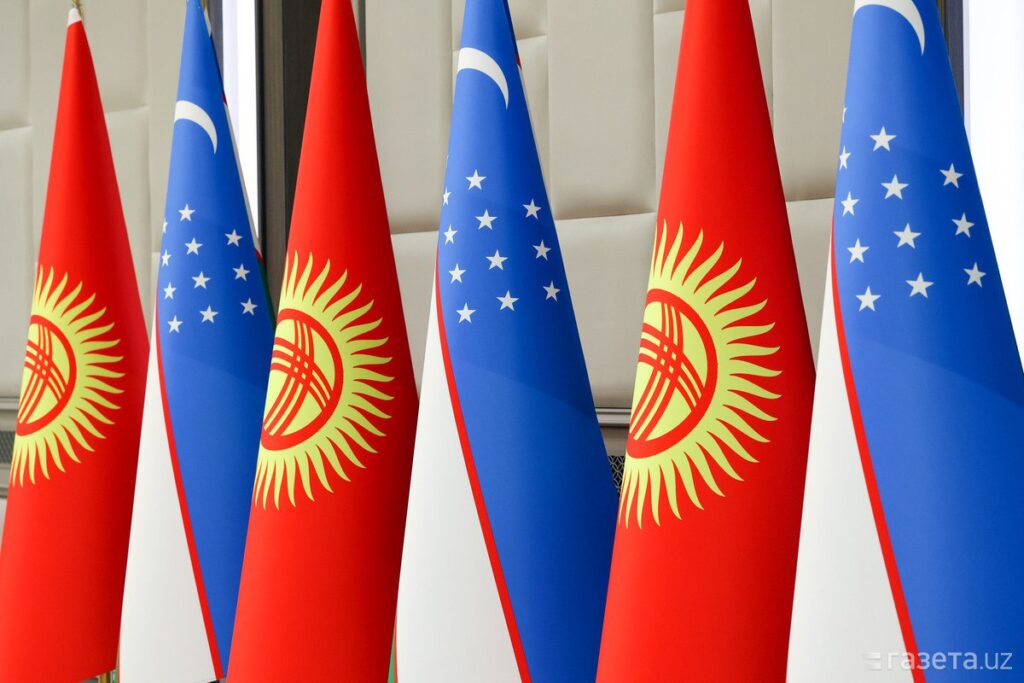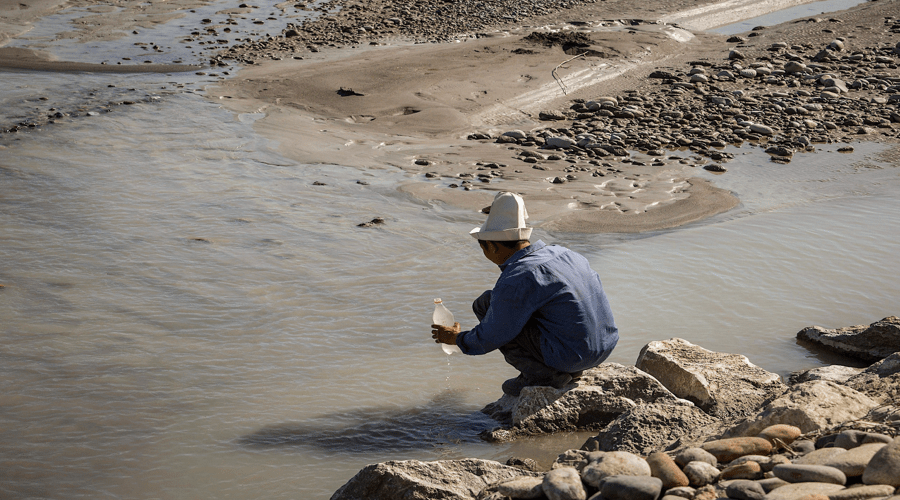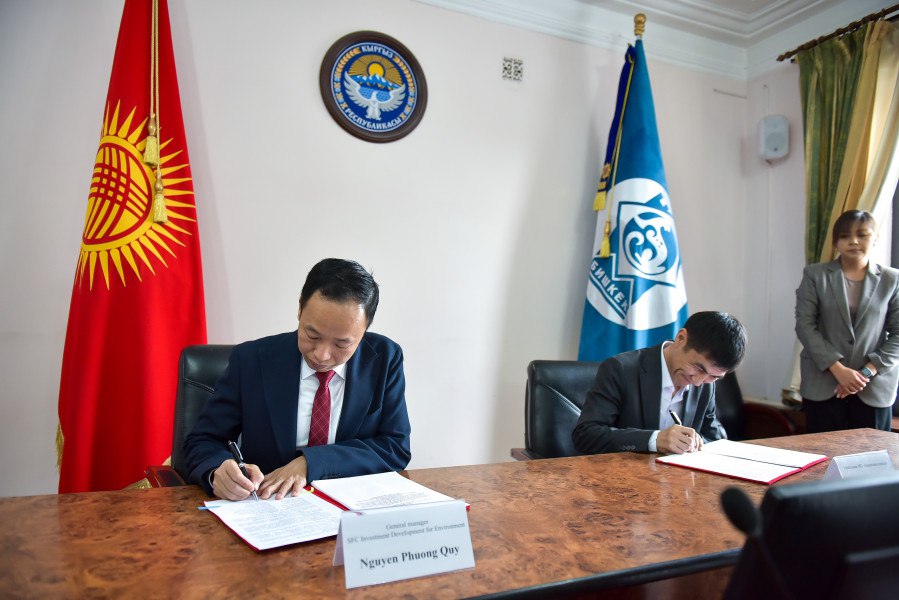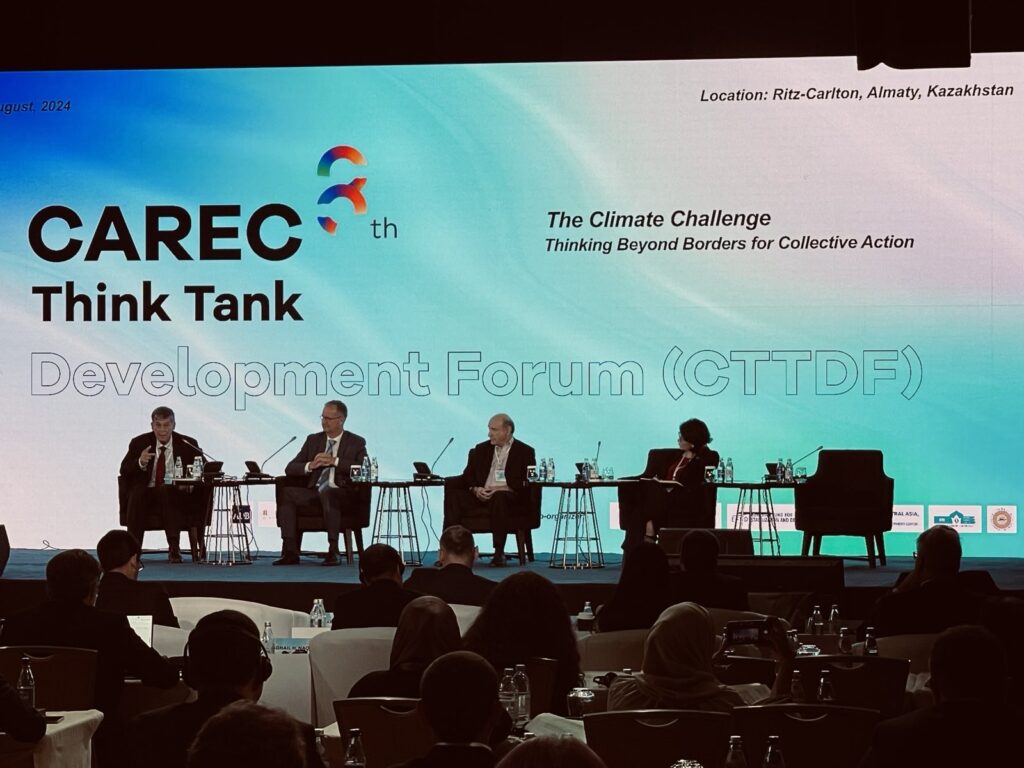The Delegation of the European Union to Uzbekistan and Agence Française de Développement (AFD), the French Development Agency that implements France’s policy on international development and solidarity, have signed two agreements together. One is to implement the EU’s Drinking Water Program, and the other is for sustainable livestock financing in Uzbekistan.
The agreements provide for new European Union grants, namely €7.9m ($8.5m) for the water program and €4.7m ($5m) for livestock. These grants will finance the technical assistance required for each of the projects, the Delegation of the European Union to Uzbekistan said.
The EU and AFD have confirmed their commitment to continue supporting the government of Uzbekistan in its efforts to create a climate-smart and inclusive livestock sector. Implemented since June 2021 by the Uzbek Committee for Veterinary and Livestock Development, the project for “Inclusive and Climate Friendly Investment Financing in the Livestock Sector of Uzbekistan” aims to make sustainable financing in this sector more efficient. The EU’s contribution focuses on improving access to climate-friendly loans provided by four Uzbek banks — Business Development Bank, HamkorBank, MicrokreditBank, and Xalq Bank.
The Drinking Water Program helps to improve drinking water coverage in three regions of Uzbekistan — Tashkent, Fergana, and Kashkadarya. This project centers on water systems in seven districts within these three regions, providing access to a well-managed drinking water service for around 610,000 people.
According to data provided by macrotrends, as of 2020, only 58.83% of the population in Uzbekistan had access to clean drinking water, which is defined by UNICEF as a “fundamental need and human right.” This figure has been in decline year-on-year since 2017, meaning that Uzbekistan ranks second worst in the region after Tajikistan for access to water “on premises, available when needed and free from faecal and priority chemical contamination.” According to UNICEF, only 32% of domestic wastewater is safely treated, whilst the impact of climate change, such as droughts and floods, further complicate the delivery of water and sanitation services.









